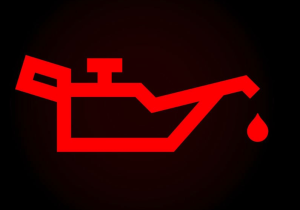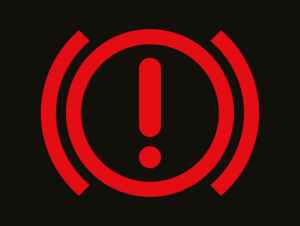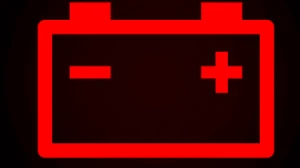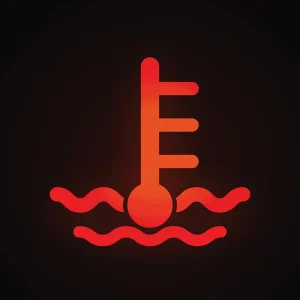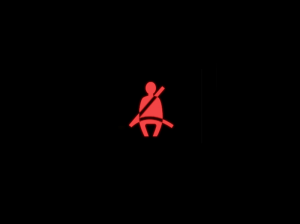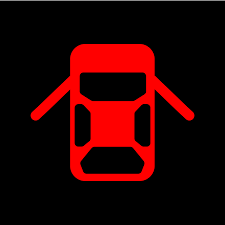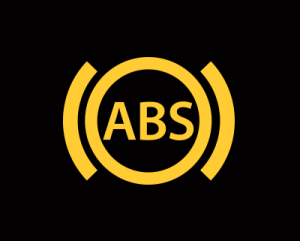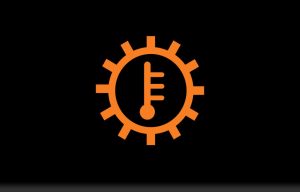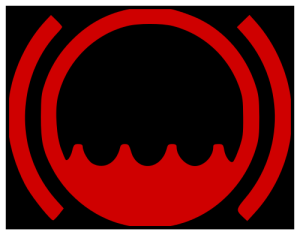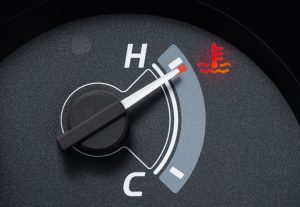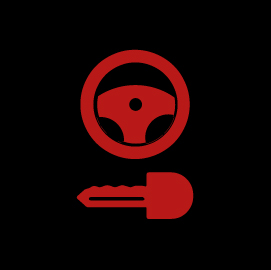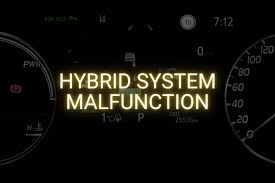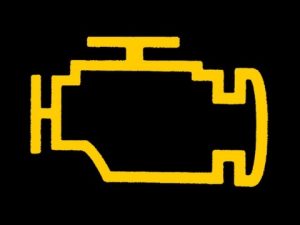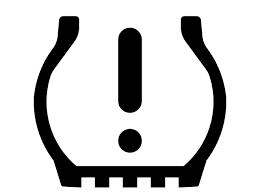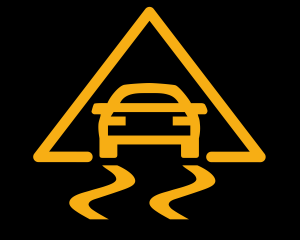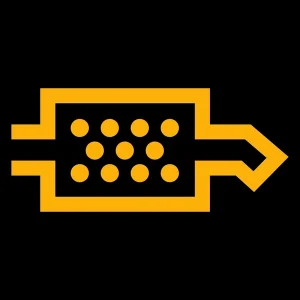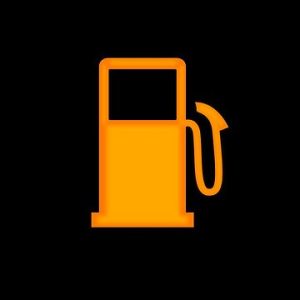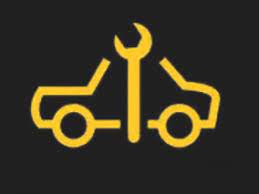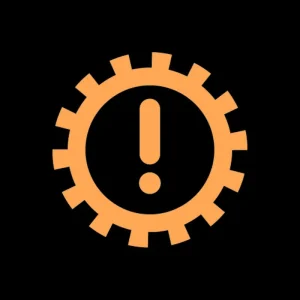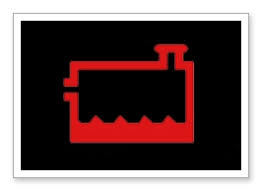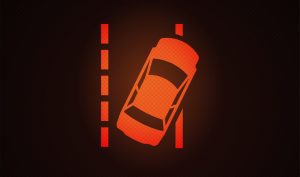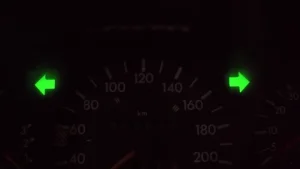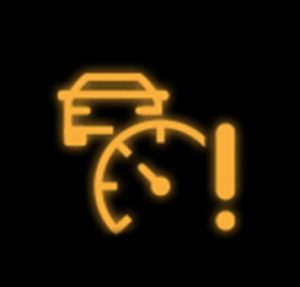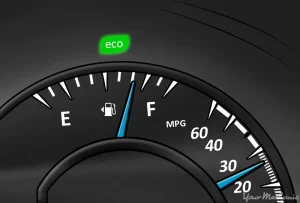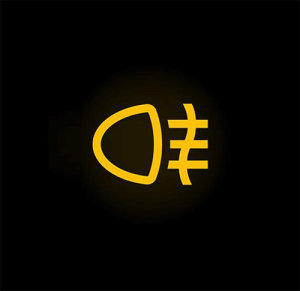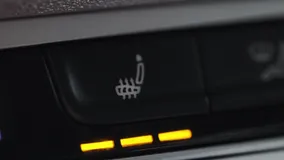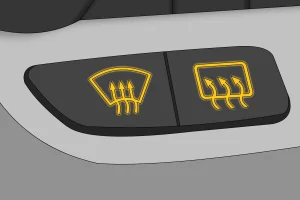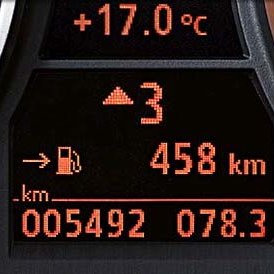Dashboard warning lights in the Jaguar XJ are essential indicators that alert drivers to potential issues, helping prevent accidents and costly repairs. Knowing what each light means allows for quick action, ensuring the vehicle remains safe and reliable on the road.
Regularly checking these lights as part of vehicle maintenance can extend the car’s lifespan and improve overall driving safety.
Quick Navigation
Red Warning Lights (Stop Immediately)
Engine Oil Pressure
This light signals low oil pressure, which could lead to engine damage from lack of lubrication. Possible causes include low oil levels or a faulty pump. Stop the vehicle immediately, check the oil level, and add oil if needed; do not drive until fixed.
Brake System Alert
Indicates a problem with the brakes, such as low fluid or a hydraulic issue. It might be caused by worn pads or a leak. Pull over safely, avoid driving, and call for roadside assistance or a mechanic right away.
Battery Charge Warning
Shows the battery is not charging properly, often due to a failing alternator or loose belt. Stop driving to prevent a complete power loss, and have the charging system inspected at once.
Airbag System Fault
Alerts to a malfunction in the airbag system, which could mean airbags won’t deploy in a crash. Causes include sensor failures or wiring issues. Stop and seek professional service immediately for safety.
Coolant Temperature High
Warns of overheating engine coolant, possibly from a leak, faulty thermostat, or radiator problem. Pull over, turn off the engine to cool down, and check coolant levels; tow if necessary.
Power Steering Failure
Indicates loss of power steering assistance, making the car hard to steer. Could be due to low fluid or pump failure. Stop safely and have it checked by a technician without delay.
Seatbelt Reminder
Flashes if seatbelts are not fastened, reminding occupants to buckle up. Non-compliance increases injury risk in accidents. Stop and ensure all passengers are belted before proceeding.
Door Ajar Warning
Signals an open door or trunk, which could be unsafe while driving. Causes are usually improper closure. Pull over, close all doors securely, and resume only when the light goes off.
ABS System Fault
Points to an issue with the anti-lock braking system, risking wheel lockup during hard stops. Possible causes include sensor damage. Stop and get it repaired immediately to restore safe braking.
Transmission Overheat
Indicates the transmission is too hot, often from heavy load or low fluid. Stop, let it cool, check fluid levels, and avoid driving until the issue is resolved.
Low Brake Fluid
Warns of insufficient brake fluid, which can lead to brake failure. Leaks or worn components are common causes. Park immediately and refill or repair as needed.
Engine Overheat
Similar to coolant warning, this shows extreme engine heat. Causes include cooling system failures. Stop, shut off the engine, and seek help to prevent damage.
Steering Lock Malfunction
Alerts to a problem with the electronic steering lock. Could be a software glitch. Stop and contact service to avoid being unable to start or steer.
Hybrid System Fault (if applicable)
For hybrid models, indicates a critical issue in the hybrid powertrain. Stop driving and have it diagnosed promptly.
Yellow/Amber Warning Lights (Action Required Soon)
Check Engine Light
This light comes on for various engine issues, like sensor faults or emissions problems. Schedule a diagnostic check soon to identify and fix the cause.
Tire Pressure Monitoring System
Alerts to low tire pressure in one or more tires, affecting handling and fuel efficiency. Check and inflate tires to recommended levels as soon as possible.
ABS Warning
Indicates a non-critical ABS issue, but brakes may still work normally. Have it inspected soon to ensure full functionality.
ESP Stability Control
Shows the electronic stability program is off or faulty, reducing traction control. Reactivate if possible and service soon for better vehicle control.
Glow Plug Indicator (Diesel Models)
Lights up while glow plugs warm the engine for starting. If it stays on, there might be a fault; check with a mechanic soon.
DPF Filter Warning
Signals the diesel particulate filter needs regeneration or is clogged. Drive at higher speeds to clean it, or visit service if it persists.
Low Fuel Warning
Indicates fuel is running low, risking stranding. Refuel at the next station to avoid running out.
Service Required
Reminds that routine maintenance is due, based on mileage or time. Schedule a service appointment promptly.
Transmission Fault
Points to a minor transmission issue, like sensor errors. Have it checked soon to prevent escalation.
Brake Pad Wear
Alerts that brake pads are thin and need replacement soon. Inspect and replace pads to maintain braking performance.
Coolant Level Low
Indicates low coolant, which could lead to overheating if ignored. Top up coolant and check for leaks soon.
Lane Departure Warning
Alerts if the system detects unintentional lane drifting. Adjust driving or have the system checked if it malfunctions.
Green Warning Lights (Information Only)
Headlights On
Indicates headlights are activated for better visibility in low light. No action needed; it’s just a status reminder.
High Beam Indicator
Shows high beam lights are on, which can blind oncoming traffic. Dim them when approaching other vehicles.
Turn Signal Indicator
Flashes when turn signals are in use, signaling direction to others. Ensures they turn off after the maneuver.
Cruise Control Active
Confirms cruise control is engaged, maintaining set speed. Adjust or deactivate as driving conditions change.
Eco Mode Engaged
Indicates the vehicle is in fuel-saving eco mode, optimizing performance for efficiency. Switch modes if more power is needed.
Front Fog Lights On
Shows front fog lights are active for foggy conditions. Turn off when visibility improves to save energy.
Rear Fog Lights On
Similar to front, for rear visibility in fog. Deactivate when no longer necessary.
Hill Descent Control
Shows this feature is on for controlled downhill driving. Use in appropriate terrain.
Rain Sensing Wipers Active
Confirms automatic wipers are on, adjusting to rain. Manual override if preferred.
Seat Heater On
Indicates seat heaters are warming up. Adjust temperature for comfort.
Defrost Active
Shows window defrosters are working to clear ice or fog. Turn off once clear.
Gear Shift Indicator
Suggests optimal gear for efficiency, especially in manuals. Follow for better fuel use.
When looking at Jaguar, make sure to check out our guides on models like the Jaguar F-PACE, Jaguar XK, Jaguar F-TYPE, and Jaguar X-Type. Understanding dashboard warning lights is essential. Our expert reviews break down what each light means, highlighting common alerts for these models and what they could signal about underlying issues, so you’re never left guessing behind the wheel.

